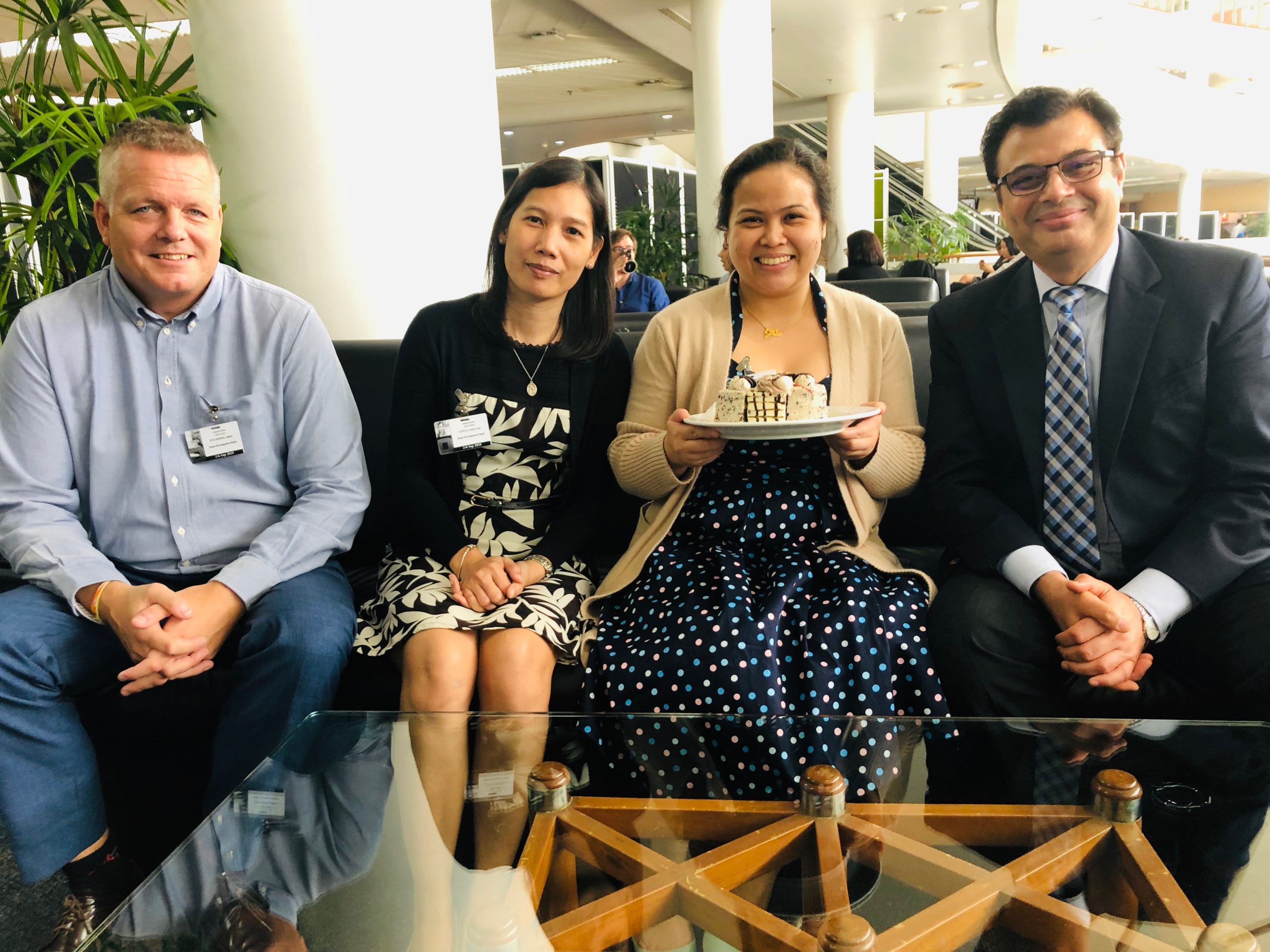Dr. Johan Nylander has worked with climate policy and carbon pricing for over 20 years. His experience covers policymaking at the international, regional and national levels, including advisory support to governments, multilateral development banks, UN bodies and the private sector relating to the implementation of the Paris Agreement, the Kyoto Protocol, regional and national emissions trading schemes and project-based mechanisms. Dr. Nylander has performed commissioned research, policy analysis and designed market-based instruments for the energy and waste sectors in several countries in Southeast Asia. While mainly based in Sweden, the geographical focus of work is Asia and Southeast Asia in particular.
- You have an extensive background in climate finance and policy. Could you share some insights on how the landscape of climate policy has changed in these years you have been working?
I think a lot has happened over the last twenty years. The last few years, we have seen more awareness and action in the financial sector with strengthened criteria for investments, and this is now everywhere, from pension funds to multilateral development banks. It is also encouraging to see the private sector where many companies have pioneered technology development and business models, not waiting for government incentives or regulations. Still a long way to go, but if the financial sector and the private sector is moving, then there is great hope. We also see countries taking on more ambitious targets, nationally the change is like moving from an issue solely for the environment ministry to most other ministries, climate finance and policy now integrates with almost all policy areas and investments. So, we see a broadening in terms of policy and the types of actors involved.

- Although you are Swedish, most of your work experience relates to Asia and the Pacific. What draws you to working in advancing climate action in this region?
(Besides the climate, the people, and the food) I think one of the reasons is that I grew up in a quite homogenous country, where citizens, in a sparsely populated country, largely has had great confidence in government and authorities. As an example, introducing carbon taxes or energy taxes in Sweden have never resulted in any significant opposition or complaints from the constituency. Maybe partly because the income levels are such that most households can deal with higher taxes. Asia is for me very different in many aspects, densely populated, often less confidence and trust in government and authorities, and many households with limited income. So, one interest is basically about how you introduce and implement climate policies in these countries. The second thing is the scale, many cities in Asia have a larger population than the whole of Sweden, so where do we need action? Everywhere of course, but seeing how mega cities such as Manila, Bangkok, Mumbai and Shanghai deal with the challenges of climate change is fascinating.
- You are currently working with the Regional Collaboration Center of the UNFCCC in Bangkok. Could you tell us a bit about the role of the RCC and what drew you to this line of work?
The work on my behalf is in the ASEAN-region, which is an exciting region in many aspects and there is also a lot of emerging action on carbon pricing in the region. Having seen the development of the European Union Emissions Trading Scheme from close range, starting with a Parliamentary Committee in Sweden on emissions trading, through work at a large utility and compliance buyer, to work with international climate change negotiations and the international carbon markets, I think it is important to share experience and seeing other countries and regions entering discussions on emissions trading is a key motivator for working towards the region. Being a knowledge junky, understanding the history and cultures of these countries has been very important for me, and seeing how other countries design and implement carbon pricing is also really interesting: will ASEAN any time in the future develop common climate policy instruments like the EU has?
- As a development practitioner, what advice do you have for students who aspire to go into the development sector, with a focus on climate action?
First, good choice, green development and climate action will be key areas for a long time ahead. Climate policy today cover such broad areas of society that regardless of what aspect of development policies you want to work with, climate policy will be there too.
Second, I’ve always enjoyed working with people with experience that I could learn from. In this role, I think it is important to be humble and listen to that experience. So, try to find out in what organization you can find, not only interesting work but the possibility of learning.
Third, you will never know where you end up. I have a Ph.D. in sociology, close to political science in terms of areas and with a personal interest in decision theory, but still, there are not many sociologists in the energy sector and climate policy area. But it has provided me with perspectives that not all, or maybe even far from all, people have in this area. Do not be afraid to go into sectors that you did not initially think you were designated for.
Fourth, try different sectors of society. I had the opportunity to work for both the private and public sector, national as well as international organizations. This enhances the understanding of how policy is made and implemented, and at some point you may need to formulate and conduct your activities to match different actors.

